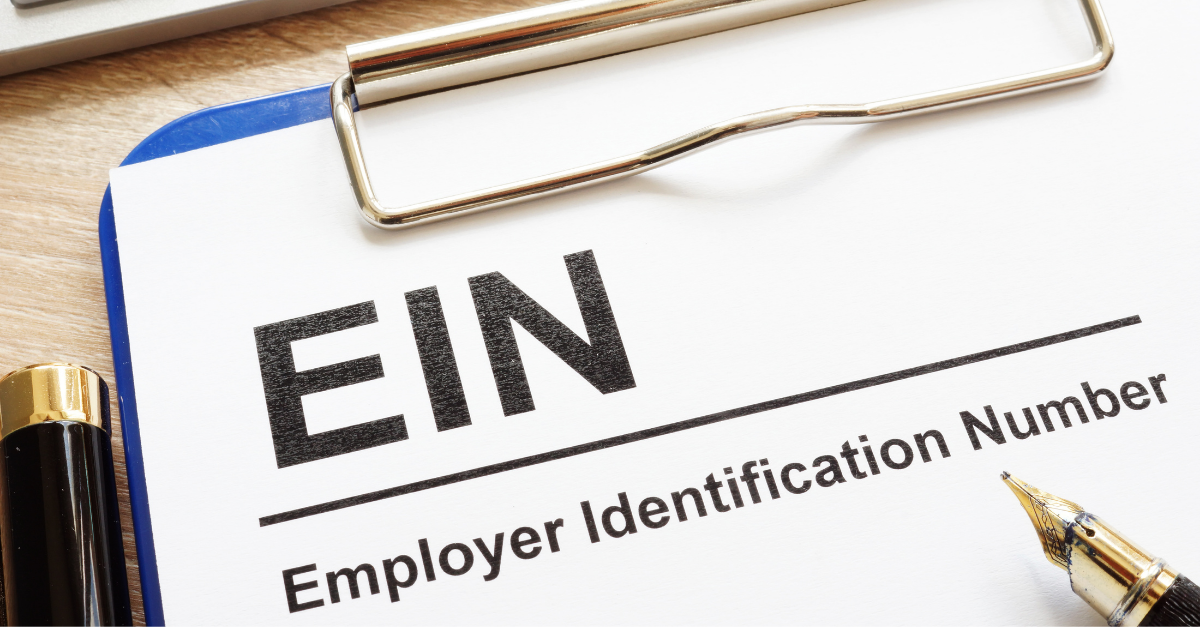In the realm of business credit, an Employer Identification Number (EIN) holds significant importance. It serves as a unique identifier for your business and is required for various credit-building activities.
In this article, we will explore the process of obtaining an EIN from the Internal Revenue Service (IRS) and shed light on its significance in building business credit.
By understanding the steps involved in applying for an EIN and the benefits it offers, you can ensure a smooth process and unlock opportunities for credit growth.
- Understanding the Employer Identification Number (EIN):
An Employer Identification Number (EIN) is a nine-digit identification number assigned by the IRS to identify your business for tax purposes. It is often referred to as a Federal Tax Identification Number (TIN). While its primary purpose is for tax-related matters, an EIN is also essential for building business credit, opening business bank accounts, and engaging in various credit-related activities.
- The Importance of an EIN in Building Business Credit:
Obtaining an EIN is a crucial step in building business credit. Here’s why it matters:
a. Establishing Business Identity: An EIN provides a unique identifier for your business, separating it from your personal identity. It ensures that your business is recognized as a distinct entity, fostering credibility with lenders, suppliers, and other business partners.
b. Credit Applications: When applying for business credit, lenders and credit agencies often require an EIN as part of the application process. It helps them accurately assess your business’s creditworthiness and ensure they are dealing with a legitimate entity.
c. Reporting Credit Information: An EIN is used to report your business’s credit information to credit bureaus, such as Dun & Bradstreet, Experian, and Equifax. This information is crucial for establishing and building your business credit profile.
d. Tax Reporting: As an identification number for tax purposes, an EIN enables accurate reporting and compliance with tax obligations. Proper tax reporting showcases your business’s financial responsibility and adds to its creditworthiness.
- Steps to Obtain an EIN:
Acquiring an EIN for your business involves a straightforward process. Here are the steps to follow:
a. Determine Your Eligibility: You are eligible to obtain an EIN if you have a valid Taxpayer Identification Number (e.g., Social Security Number) and your business is located in the United States or its territories.
b. Choose the Application Method: The IRS offers multiple methods to apply for an EIN. You can apply online, by mail, fax, or phone. The online application (Form SS-4) is the most convenient and efficient method.
c. Complete the Application: Gather the necessary information required for the application, including your business’s legal name, business address, ownership structure, and the reason for applying.
d. Submit the Application: If applying online, visit the IRS website and complete the online application form. If applying by mail, fax, or phone, follow the instructions provided by the IRS for the respective method.
e. Receive Your EIN: Upon successful application, the IRS will issue your EIN immediately for online applications. For other application methods, it may take a few weeks to receive your EIN by mail or fax.
- Tips for a Smooth EIN Application Process:
To ensure a smooth EIN application process, consider the following tips:
a. Prepare Accurate Information: Double-check all the information you provide in the application to avoid any errors or delays in obtaining your EIN.
b. Use the Correct Legal Name: Ensure that you use the exact legal name of your business as registered with the appropriate government authorities. Consistency in your business name is crucial for maintaining accurate records and establishing a strong credit profile.
c. Review Application Requirements: Familiarize yourself with the specific requirements for each application method. This will help you gather the necessary information and documentation in advance, ensuring a seamless application process.
d. Keep Documentation Handy: Depending on your business’s structure, you may need to provide additional documentation to support your EIN application. This may include articles of incorporation, partnership agreements, or other relevant legal documents. Keep these documents readily accessible during the application process.
e. Follow IRS Guidelines: Adhere to the guidelines provided by the IRS for each application method. Pay attention to specific instructions regarding form completion, submission deadlines, and any supporting documents required.
f. Maintain EIN Confidentiality: Treat your EIN as sensitive information and safeguard it from unauthorized access. Be cautious when sharing your EIN with third parties and only provide it to trusted entities for legitimate business purposes.
Obtaining an Employer Identification Number (EIN) is a critical step in building business credit and establishing your business’s credibility. As a unique identifier for tax purposes, an EIN separates your personal identity from your business identity, enabling accurate reporting of credit information and compliance with tax obligations.
By following the steps outlined in this article and adhering to IRS guidelines, you can smoothly obtain an EIN and unlock opportunities for credit growth and financial success.
Remember to maintain the confidentiality of your EIN and ensure consistency in your business’s legal name to build a strong credit profile and maximize the benefits of business credit.

